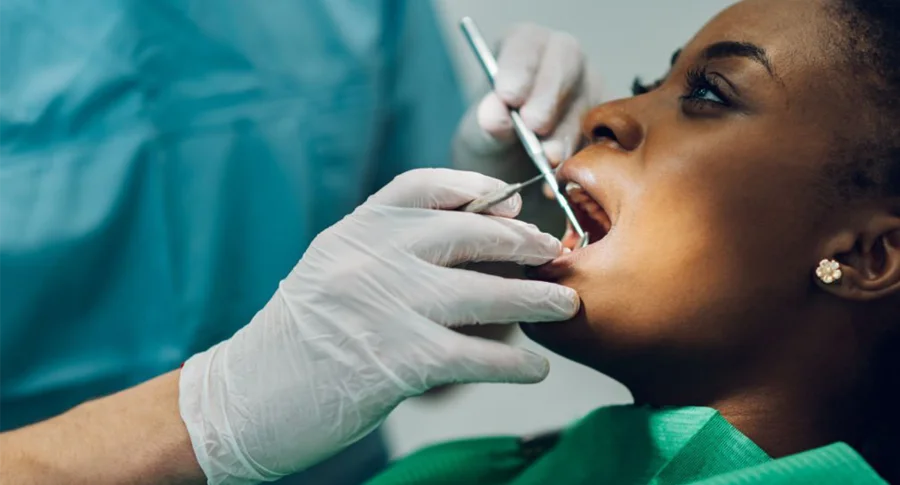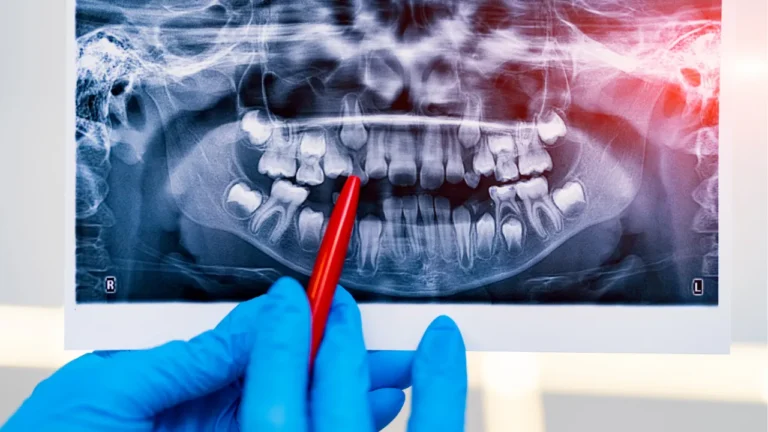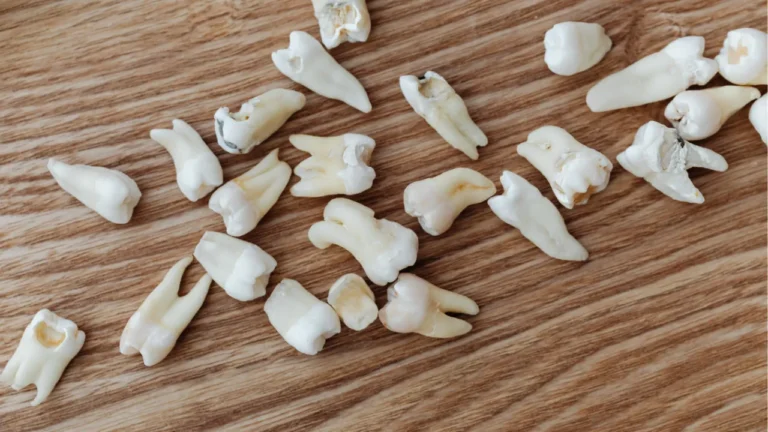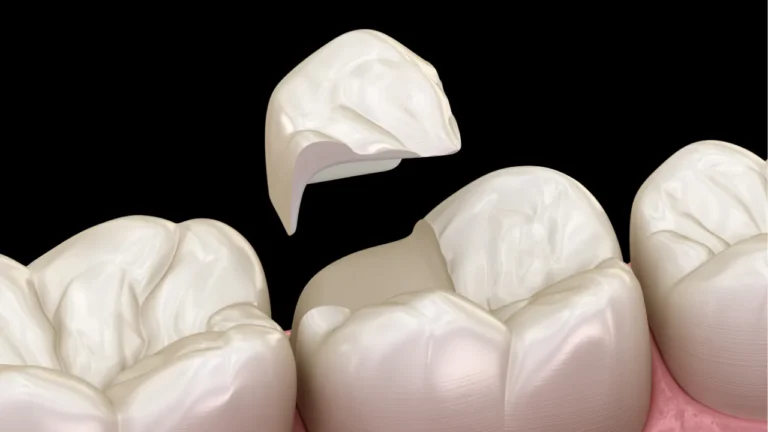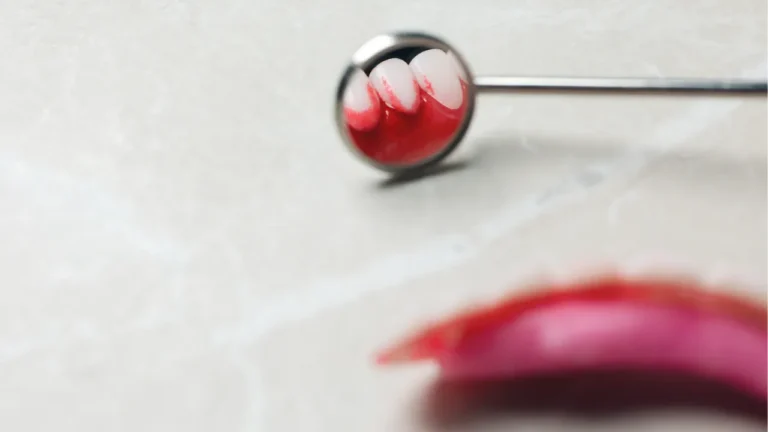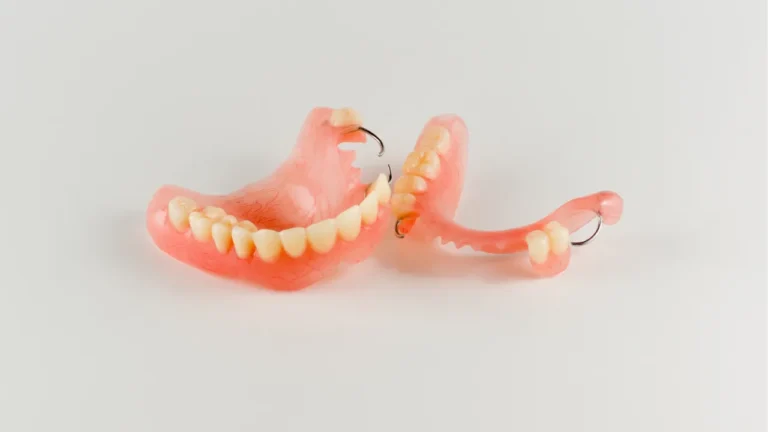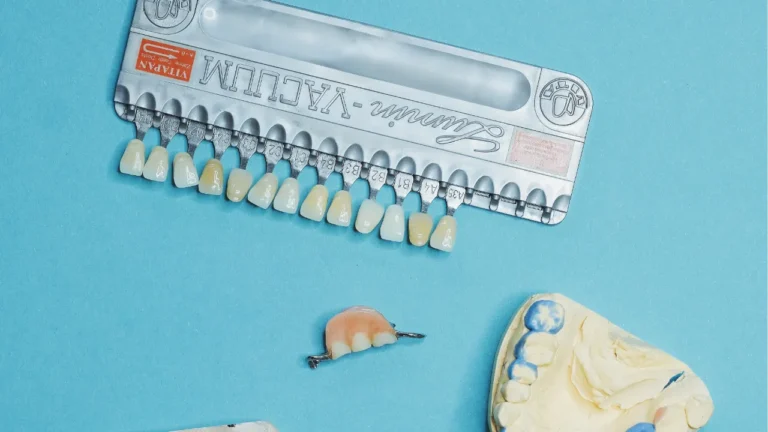Teeth cleaning is generally safe and effective in maintaining good oral hygiene.
However, there is a small risk of infection that can occur during teeth cleaning.
This can happen due to the spread of bacteria from the mouth or the dental equipment.
Some specific types of infections that can occur during teeth cleaning include bacterial endocarditis, hepatitis, and infection at the site of treatment.
Maintaining good oral hygiene is crucial for preventing tooth decay, gum disease, and other oral health problems.
One of the most important steps in oral hygiene is teeth cleaning, which involves removing plaque and tartar buildup from the teeth and gums.
While teeth cleaning is generally safe and effective, some people may be concerned about the risk of infection.
In this guide, we’ll explore the question of whether teeth cleaning can cause infection, and what you can do to reduce the risk.
Quick Summary
- Teeth cleaning is safe and effective.
- A small risk of infection exists but is rare.
- Possible infections: bacterial endocarditis, hepatitis, localized gum infection.
- Good aftercare (e.g., mouthwash, antibiotics if prescribed) reduces risk.
- Maintaining daily oral hygiene is the best way to prevent infection.
- Regular dentist visits are essential for early detection and prevention.
The Process of Teeth Cleaning
Teeth cleaning is a standard procedure that is typically performed by a dentist or dental hygienist.
The process involves several steps:
- Physical examination: The dentist or hygienist will visually inspect your teeth and gums to check for any signs of decay, gum disease, or other oral health problems.
- Scaling: This is the process of removing plaque and tartar buildup from the teeth and gums using a dental scaler or ultrasonic instrument. Scaling can help to prevent tooth decay, gum disease, and bad breath.
- Polishing: After scaling, the teeth are polished using a special dental paste and a rotating brush or rubber cup. Polishing can help to remove surface stains and make the teeth look brighter and smoother.
- Fluoride treatment: In some cases, a fluoride treatment may be applied to the teeth to help strengthen the enamel and prevent tooth decay.
Risks of Infection During Teeth Cleaning
While teeth cleaning is generally safe, there is a small risk of infection.
This can occur due to the spread of bacteria from the mouth or the dental equipment.
Some specific types of infections that can occur during teeth cleaning include:
- Bacterial endocarditis: This is an infection of the heart lining or heart valves that can occur when bacteria from the mouth enter the bloodstream during dental procedures.
- Hepatitis: Hepatitis B and C are viral infections that can be transmitted through exposure to infected blood or bodily fluids, including contaminated dental equipment.
- Infection at the site of treatment: In rare cases, bacteria can enter the gums or other tissues during teeth cleaning and cause an infection.
Infection After Teeth Cleaning
While it’s rare, there is a risk and chance of infection after teeth cleaning procedure.
This is because the cleaning process involves the removal of plaque and bacteria from the surface of your teeth and gums.
If your immune system is compromised or if you have an underlying dental condition, such as gum disease, the risk of infection may be higher.
To minimize your risk of infection, it’s important to follow your dentist’s aftercare instructions carefully.
This may include using an antimicrobial mouthwash or taking antibiotics as prescribed.
Additionally, you should keep an eye out for signs of infection, such as fever, pain, or swelling, and contact your dentist immediately if you experience any of these symptoms.
Preventing Dental Infections With Good Dental Health
Maintaining good dental health is essential for preventing dental infections. Here are some steps you can take to keep your teeth and gums healthy:
- Brush twice a day: Brush your teeth at least twice a day with fluoride toothpaste. Brushing helps remove plaque and bacteria that can cause tooth decay and gum disease.
- Floss daily: Flossing helps remove food particles and plaque that can get stuck between teeth and cause gum disease.
- Use mouthwash: Mouthwash can help kill bacteria in your mouth and freshen your breath. Choose a mouthwash that contains fluoride and is alcohol-free.
- Eat a balanced diet: Eating a balanced diet that is low in sugar and high in nutrients can help keep your teeth and gums healthy.
- Limit sugary foods and drinks: Sugary foods and drinks can increase the risk of tooth decay and gum disease. Limit your intake of sugary foods and drinks, and choose water or milk instead.
- Visit your dentist regularly: Regular dental checkups and cleanings can help prevent dental problems and detect them early when they are easier to treat.
By following these steps, you can help prevent dental infections and maintain good dental health.
Take Away
Teeth cleaning is a safe and effective way to maintain good oral hygiene and prevent oral health problems.
While there is a small risk of infection during teeth cleaning, this risk can be minimized by taking proper precautions and following good oral hygiene habits.
If you have any concerns about the risk of infection during teeth cleaning, talk to your dentist or dental hygienist for more information and advice.

